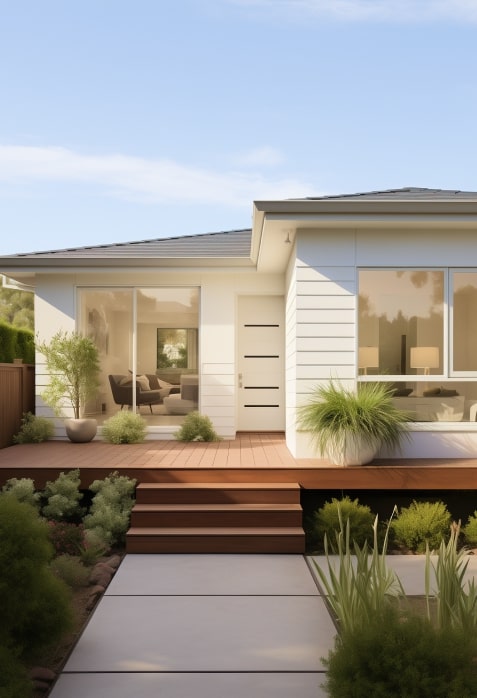





A link to download your FREE brochure will be in your inbox in 3 minutes



















The final price may vary based on project specifics.
To get a free accurate quote tailored to your needs, book a consultation with us today!

The price per square foot provided is an average and may vary depending on project-specific details such as materials, location, complexity, and other factors. Actual costs may differ from the average provided.
It is recommended to obtain a detailed quote based on the specific requirements of your project.

Please note that the monthly payment displayed on this page is an estimate and is subject to variation based on the selected loan product, applicants credit score, loan amount, and other financial details. Actual monthly payment may differ from the estimate provided.
It is recommended to seek advice from a financial advisor or loan officer to obtain precise payment information tailored to individual circumstances.
 Your Trusted
Local Contractor
Your Trusted
Local Contractor
California continues to respond to the housing shortage with new state housing laws aimed at increasing residential development. Among these, AB 1332 has drawn attention for its potential to reshape how housing development projects are reviewed and approved at the local level. AB 1332 explained locally Sacramento helps property owners, developers, and Sacramento residents understand how this new law interacts with accessory dwelling units, affordable housing projects, and community development goals in the region.
AB 1332 is part of a larger framework of state housing laws, including the Housing Crisis Act, the Housing Accountability Act, the Surplus Land Act, and the State Density Bonus Law. Its primary focus is to simplify the approval process for residential development, reduce barriers caused by zoning ordinances, and address the ongoing housing shortage across California. In Sacramento, where the demand for affordable housing and ADUs continues to rise, AB 1332 ties into housing and community development initiatives by ensuring that local agencies and local governments align with state housing goals.
In Sacramento, AB 1332 impacts a wide range of housing development projects:
One of the most important aspects of AB 1332 is its effect on the streamlined approval process. In Sacramento, local jurisdictions must review residential projects quickly and consistently, ensuring that environmental review, zoning ordinance compliance, and local ordinances do not unnecessarily delay construction. While the California Environmental Quality Act (CEQA) and the Environmental Impact Report process remain applicable, AB 1332 limits the ability of a lead agency or local government to preclude development without clear justification. This means residential building permits for ADUs, apartment buildings, and other housing units can move forward faster.
For Sacramento, AB 1332 explained locally highlights several key implications:
AB 1332 interacts with existing law by modifying how local jurisdictions apply rules to housing projects. While local agencies in Sacramento retain the ability to enforce residential building codes and protect public safety, they can no longer impose conditions that conflict with state law. The law builds upon the Subdivision Map Act, CEQA, and other frameworks, but emphasizes housing production as the primary focus. Sacramento’s general plan and community center planning must now align more directly with state density goals and surplus land reuse.
Sacramento’s mix of historic neighborhoods, surplus property, and growing urban corridors makes it an ideal location for projects supported by AB 1332. Property owners may use the law to create accessory dwelling units or adaptive reuse housing projects in existing buildings. Affordable housing developers can leverage the streamlined process to bring new residential projects to market faster. Mixed use projects that include six or more amenities, such as community centers, parking spaces, or open space, also stand to benefit.
Sacramento’s housing shortage affects lower income households, very low income households, and middle-income residents alike. AB 1332 explained locally shows how the law provides tools for both large-scale developers and individual property owners. From in-law units on single-family lots to apartment buildings on surplus land owned by religious institutions or local governments, the law expands the possibilities for creating affordable housing and supportive housing.
AB 1332 explained locally Sacramento demonstrates how new state housing laws directly impact local housing development projects. By clarifying the rights of property owners, streamlining the approval process, and ensuring local agencies comply with state law, AB 1332 supports more efficient production of accessory dwelling units, affordable housing projects, and adaptive reuse housing in the city. Sacramento residents, affordable housing developers, and community stakeholders all stand to benefit from this legislation as it contributes to long-term housing production goals. A+ Construction & Remodeling supports Sacramento homeowners with ADU construction services, helping them navigate ADU plans, permits, and compliance under the new law while creating high-quality, affordable living spaces.
Get a First Look at Real ADU Projects